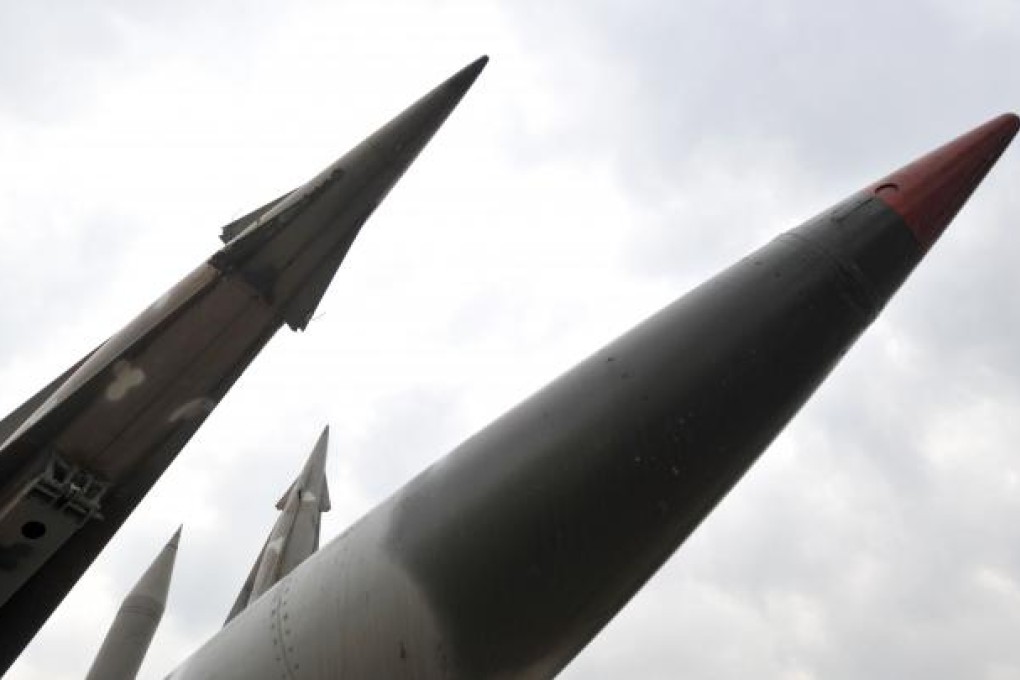A military befitting South Korea's economic might
Hooman Peimani applauds its deal with the US that allows it to build more powerful missiles

The US has agreed to remove restrictions on South Korea's missile capability to allow it to build and deploy longer-range weapons. This would enable it to hit all militarily important targets in North Korea should the need arise.
Since 2001, South Korea had been barred from developing ballistic missiles with a range of more than 300 kilometres and a payload of more than 500kg to prevent an arms race on the peninsula. This now seems meaningless, given Pyongyang's nuclear weapon and missile superiority.
According to South Korea's national security adviser Chun Yung-woo, the move will enable Seoul to develop medium-range (800 kilometre) missiles with 500kg payloads, or use heavier payloads for shorter-range missiles. Yet while it may help South Korea achieve a more acceptable balance of power with its neighbour and "contain North Korea's armed provocation", as Chun put it, it is highly unlikely this improved missile capability would be used in a conflict with Pyongyang.
A bloody military victory for either side would end any dreams of a peaceful reunification. Nor could a united Korea be built as a result of a sudden collapse of the North's political system. This would lead to a mass migration of people from the North to the South, and the resulting massive financial burden would halt, if not reverse, South Korea's economic development.
Hence, instead of viewing the new security deal in the context of North-South relations, it should be seen as a natural outcome of a process started in the 1980s.
For over three decades, South Korea's rapid socio-economic development was encouraged by a United States concerned about expanding communism in the Asia-Pacific region, particularly in North Korea. The democratisation of the South Korean political system in the 1980s set the stage for the country's rise as an advanced economy rivalling those of the West.